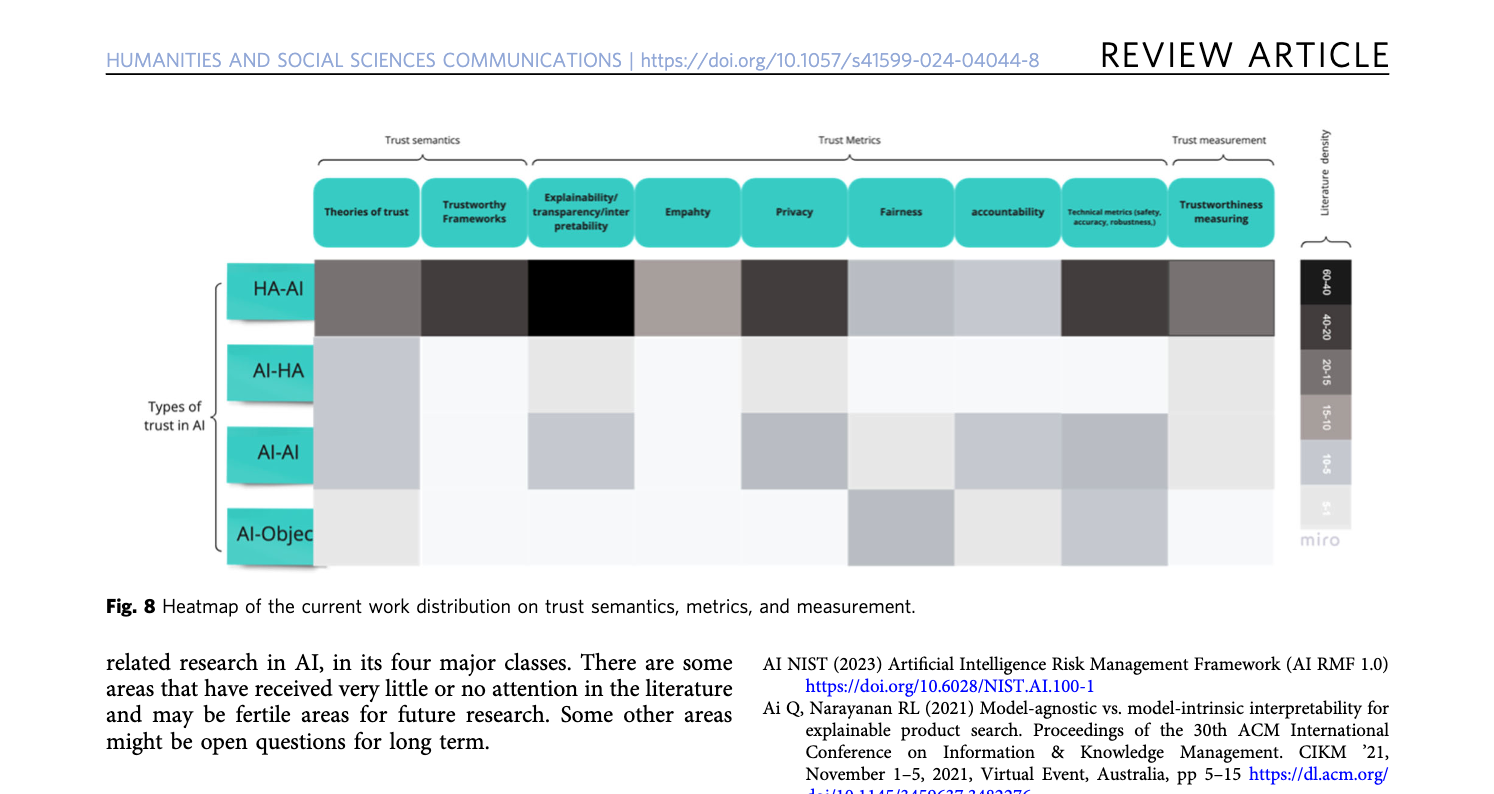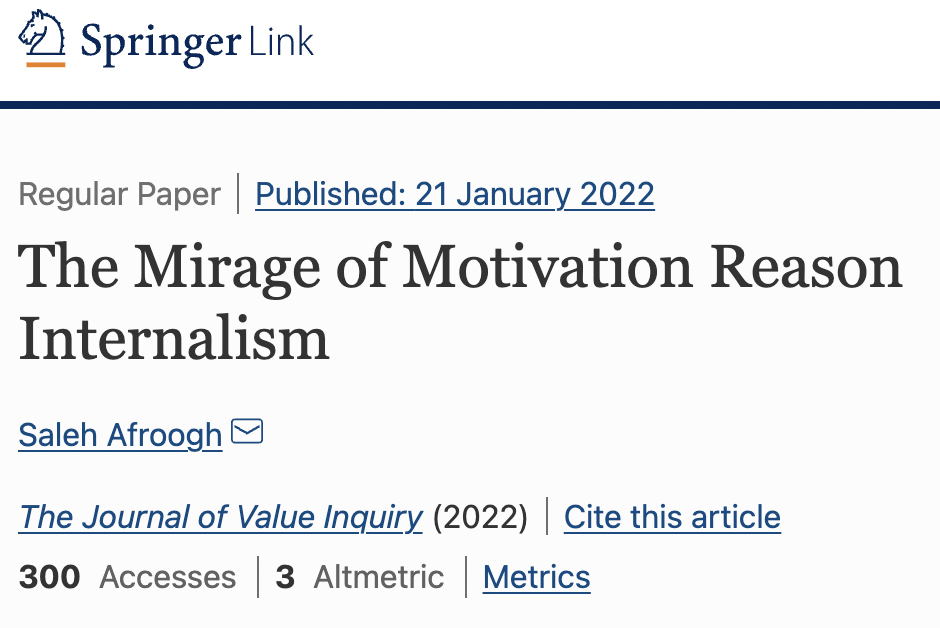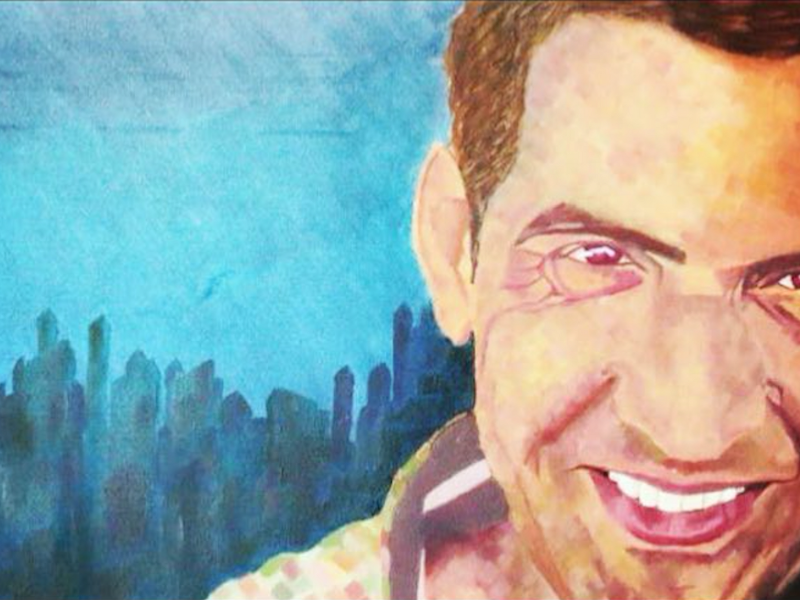Saleh Afroogh

M.Sc. Data Science
Ph.D. in Philosophy - AI Ethics I Bioethics
AI Research Scientist
UT-NSF Responsible AI
The University of Texas at Austin
I am a Senior RPC|AI Research Scientist at The University of Texas at Austin workin on UT-NSF Responsible AI program. I have received my Ph.D. in Philosophy (AI Ethics I Bioethics) from the State University of New York at Albany, and was a co-investigator at SUNY-IBM AI Research Alliance from 2021 to 2023. My research interests lie at the intersection of (epistemic/normative & individual/social) values, data, and machine learning, in different domains including engineering design & education, AI/LLM development & technology, medicine and healthcare, psychology, etc. My recent area of research involves responsible AI and large language models. This includes topics in fairness, accountability, transparency, privacy, and explainability, in AI and LLM. I am a painter in my leisure time.
Highlights
- 03/2025: Our recent paper on The global landscape of academic guidelines for generative AI and LLMs is published in Nature Human Behavior.
- 11/2024: Our recent paper on Trust in AI: Progress, Challenges, and Future Directions is published in Nature journal of Humanities & Social Sciences Communications.
- 11/2024: Our recently provided dataset, IGGA (Industrial Guidelines and Policy Statements for Generative AIs), now publicly available on the Harvard Dataverse repository.
- 06/2024: Our recently provided dataset, AGGA (Academic Guidelines for Generative AIs), now publicly available on the Harvard Dataverse repository.
- 05/2024: I have presented our recent research on 'Large Language Models Ethics: Advancements, Challenges, and Future Directions' at the 2nd Annual Smart Cities and AI Innovations Symposium.
- 09/2023: I have started my new position as Senior RPC | AI Research Scientist at UT Austin, where I am responsible for managing the NRT Responsible AI program, overseeing both its educational and research components, as well as conducting research on generative AIs.
- 08/2023: I have successfully defended my PhD dissertation entitled Toward Trustworthy and Responsible Artificial Intelligence.
- 06/2023: Our recent paper on Embedded Ethics for Responsible Artificial Intelligence Systems (EE-RAIS) in disaster management: a conceptual model and its deployment is published in AI and Ethics.
- 10/2022: As a result of SUNY-IBM Research Alliance's evaluation of our one-year research accomplishments, our project on Trustworthy AI from a User Perspective has been extended with another $100,000 for 2022-2023.
- 06/2022: Governor Hochul’s Announcement for UAlbany Artificial Intelligence Supercomputing Initiative refers and links to humanities work by our team, in which Jason and I are working on Trustworthy AI from a User Perspective.
- 06/2022: My recent paper on A probabilistic theory of trust concerning artificial intelligence is published in AI and Ethics.
- 06/2022: My recent paper on Tracing app technology: an ethical review in the COVID-19 era and directions for post-COVID-19 is published in Ethics and Information Technology.














